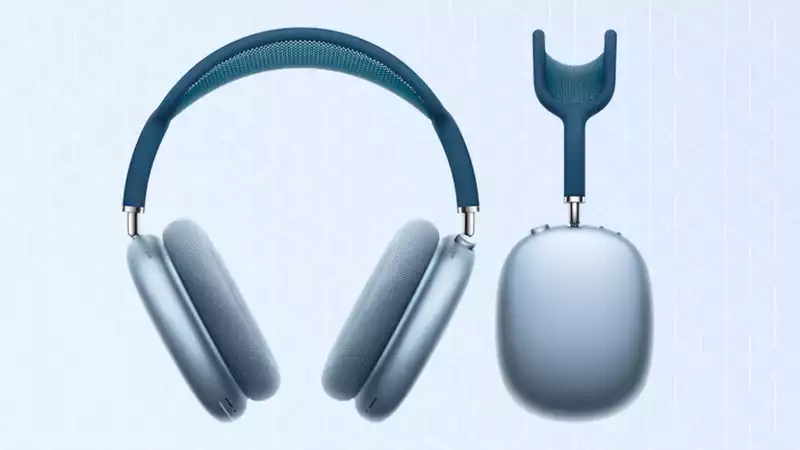After years of rumors and leaks, Apple has finally announced the AirPods Max, the first over-the-ear headphones to bear the AirPods name. The price is $549 (approx. 60,000 yen).
At this price, one would expect the best of Apple's audio technology, but that may not be the case. Despite rumors to the contrary, the AirPods Max does not feature Apple's U1 chip.
For those who don't know, the U1 chip is designed for precise positioning of ultra-wideband radios. In other words, devices with this chip can detect their exact position relative to each other in the same room.
It also has many uses, including quick handoffs between the HomePod mini and iPhone, faster AirDrop sharing, and the ability to unlock your car with your iPhone in your pocket.
In the AirPods Max, the U1 chip could be used to know how the headphones are being worn. It could also be connected to the upcoming AirTags, which would help locate the AirPods Max if it went missing.
And if there's one thing you'd want to find in a hurry, it would be a pair of $550 headphones.
Unfortunately, that's not the case, and the AirPods Max appear to have the same H1 chip as the AirPods Pro, which is not such a bad thing since the H1 enables important features like instant connectivity with the iPhone and Hey Siri support. In fact, there are two H1 chips inside the AirPods Max, designed to deliver the best sound quality and drive everything from adaptive EQ and active noise cancellation to spatial audio.
There are many other great features, such as sensors to determine if you are wearing the device (pausing playback if you are not) and dynamic head tracking to improve spatial audio.
So this is not a huge loss, but given the price, it is a shame that Apple has not included the latest and greatest technology in the AirPods Max.










Comments